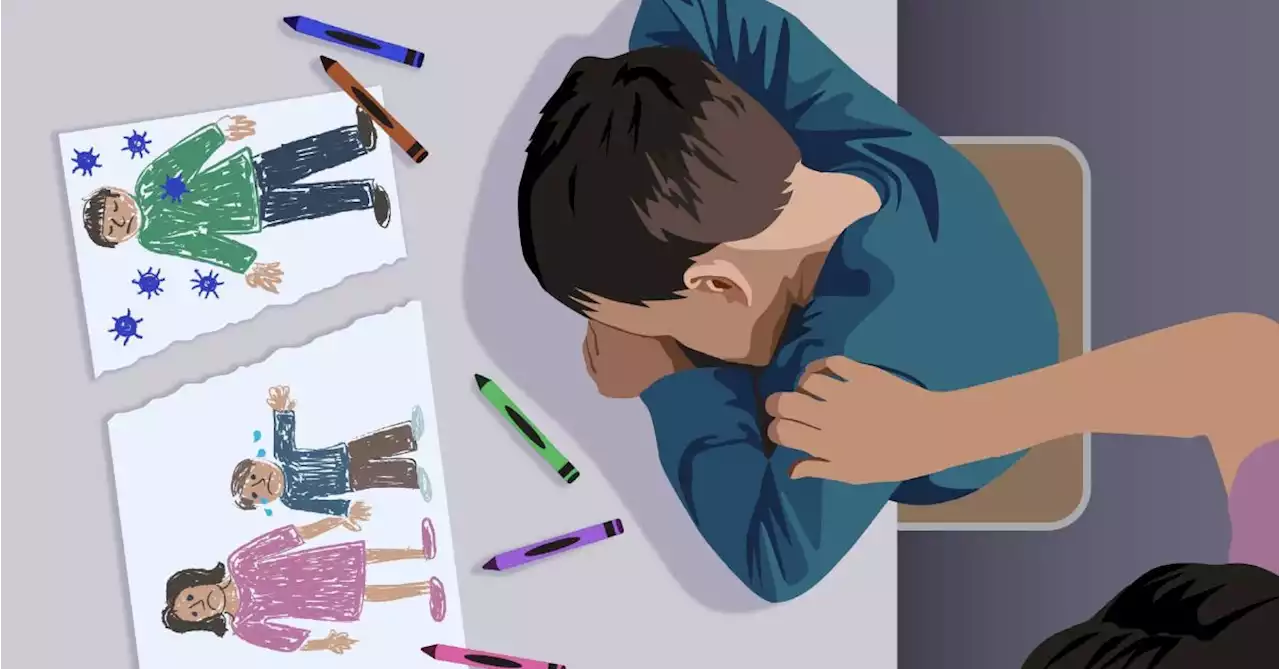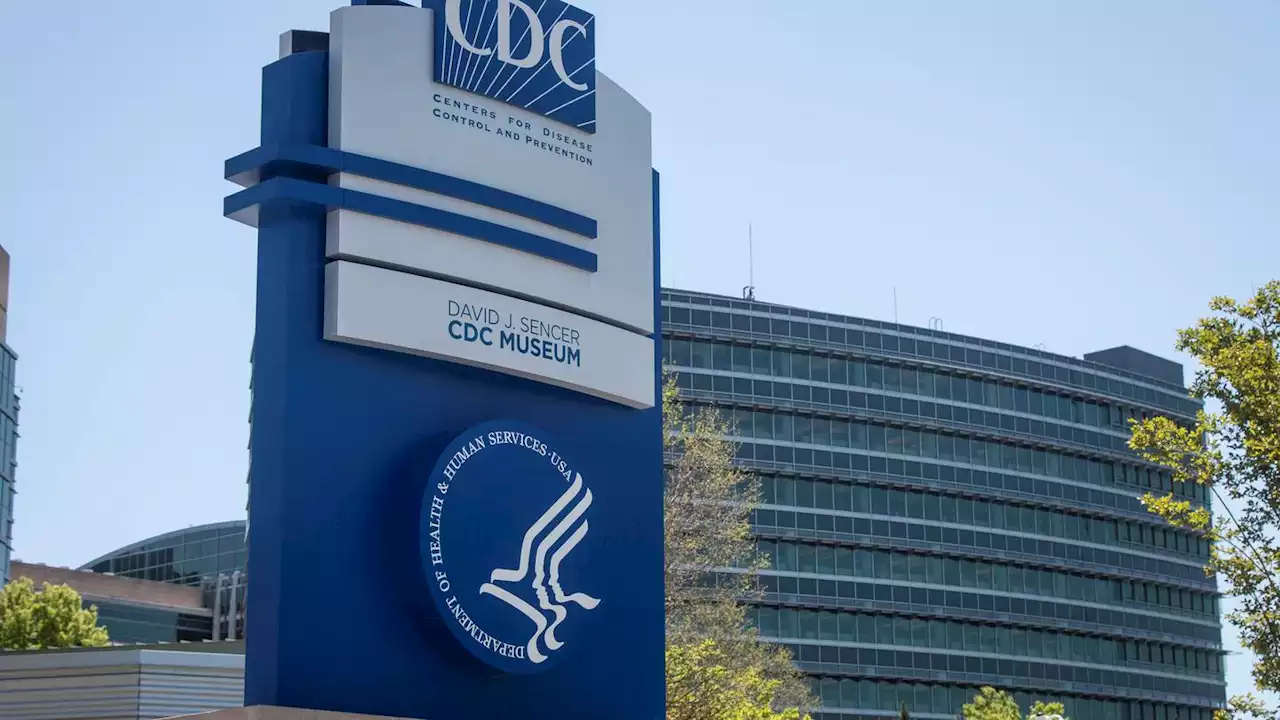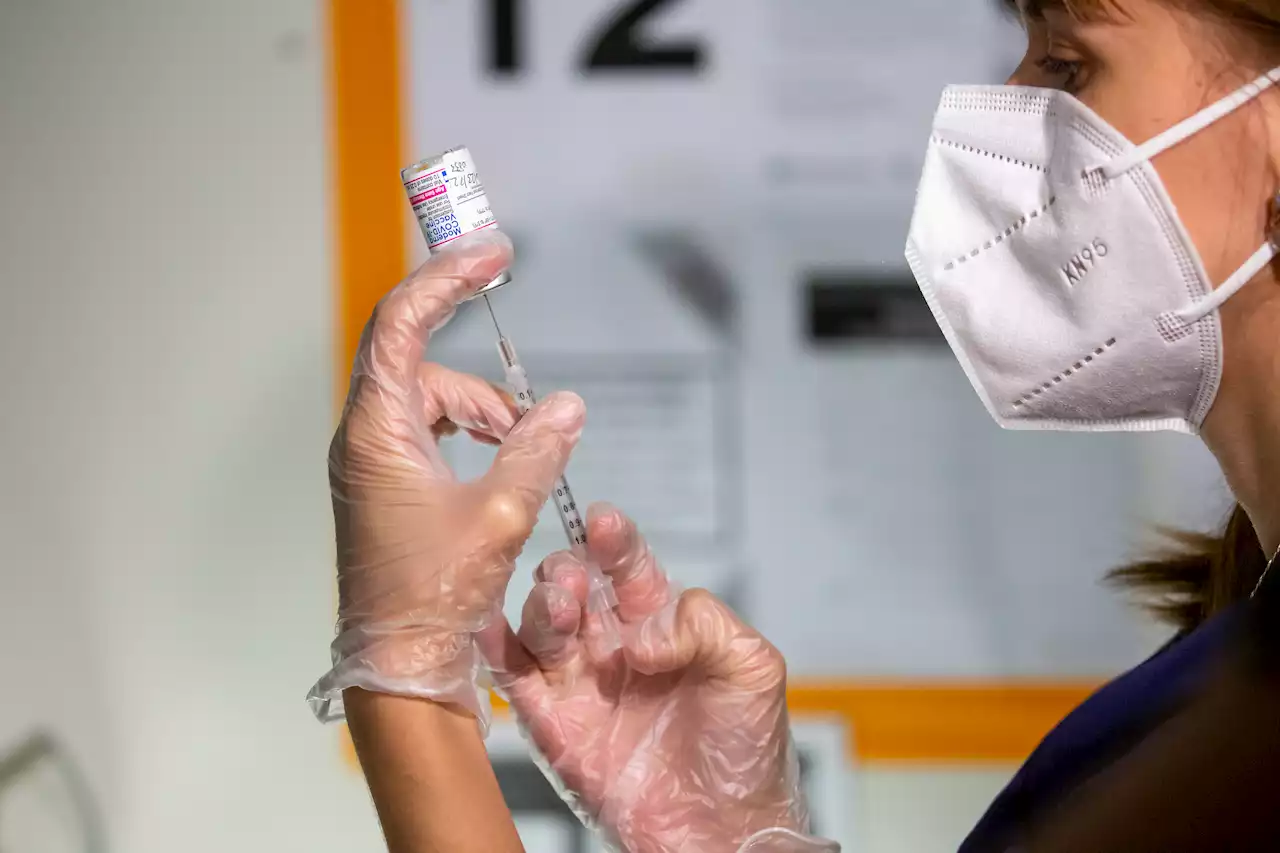People with mild Covid are likely to be infectious for five days, new study suggests.
, has for the first time unveiled how long infectiousness lasts for after natural COVID-19 infection in the community.
Samples from 57 people - median age 41 years, 89% White - were used but not all were included in some analyses because some participants had not shared information about their symptoms, some people had not shed culturable virus, and some people having shed infectious virus before or beyond the sampling period. Consequently, duration of infectiousness was measured in 42 people. There were no significant differences in demographic characteristics between the unvaccinated and vaccinated groups.
The authors commented: "Though 24 out of 38 people tested positive on a PCR test before they developed symptoms of COVID-19 this does not indicate infectiousness and most people only became infectious after they developed symptoms." Lateral flow devices have "poor sensitivity" for detecting culturable virus during the growth phase of infection, so "do not reliably detect the start of infectiousness", said the authors. However, their high sensitivity during the decline phase "supports the role for LFDs in de-isolation but not for early diagnosis, unless used daily", they highlighted.
Dr Seran Hakki, from the National Heart and Lung Institute, Imperial College, London, and co-author, said: "There is no longer a legal requirement to self-isolate if you test positive for COVID-19, but most people still want to isolate until they are not infectious. Despite this, there is lack of clarity around how to come out of self-isolation safely. Our study is the first to assess how long infectiousness lasts for, using real life evidence from naturally acquired infection.
United States Latest News, United States Headlines
Similar News:You can also read news stories similar to this one that we have collected from other news sources.
 Covid Deaths: Helping Children Who Lost a Parent to Covid-19More than 200,000 U.S. children and teens have lost a parent or other in-home caregiver to COVID-19. While losing a parent is always very hard for children, COVID has layers to it that can make healing even harder. What will help these children move forward?
Covid Deaths: Helping Children Who Lost a Parent to Covid-19More than 200,000 U.S. children and teens have lost a parent or other in-home caregiver to COVID-19. While losing a parent is always very hard for children, COVID has layers to it that can make healing even harder. What will help these children move forward?
Read more »
 CDC director announces shake-up, citing COVID mistakesThe head of the nation’s top public health agency is shaking up the organization with the goal of making it more nimble
CDC director announces shake-up, citing COVID mistakesThe head of the nation’s top public health agency is shaking up the organization with the goal of making it more nimble
Read more »
 Convalescent Plasma Not Advised for Most Hospitalized With COVID“CCP is most effective when transfused with high neutralizing titers early after symptom onset.”
Convalescent Plasma Not Advised for Most Hospitalized With COVID“CCP is most effective when transfused with high neutralizing titers early after symptom onset.”
Read more »
 COVID increases risks of brain fog and dementia 2 years on from infection, study suggestsAnxiety and depression are also more common after COVID, though tend to subside after a couple month, study finds.
COVID increases risks of brain fog and dementia 2 years on from infection, study suggestsAnxiety and depression are also more common after COVID, though tend to subside after a couple month, study finds.
Read more »
 Omicron-Specific Booster Expected to Be Available in ‘a Few' Weeks, COVID Czar SaysWhite House COVID coordinator Dr. Ashish Jha said on Wednesday that the newly updated COVID-19 boosters will be available to teens and adults 'in a few short weeks.'
Omicron-Specific Booster Expected to Be Available in ‘a Few' Weeks, COVID Czar SaysWhite House COVID coordinator Dr. Ashish Jha said on Wednesday that the newly updated COVID-19 boosters will be available to teens and adults 'in a few short weeks.'
Read more »
 A refresher on the NFL’s current COVID-19 testing guidelinesSeattle Seahawks quarterback Drew Lock will not be playing in Thursday’s preseason home game against the Chicago Bears after testing positive for COVID-19. The Seahawks have kept reported COVID-19...
A refresher on the NFL’s current COVID-19 testing guidelinesSeattle Seahawks quarterback Drew Lock will not be playing in Thursday’s preseason home game against the Chicago Bears after testing positive for COVID-19. The Seahawks have kept reported COVID-19...
Read more »
